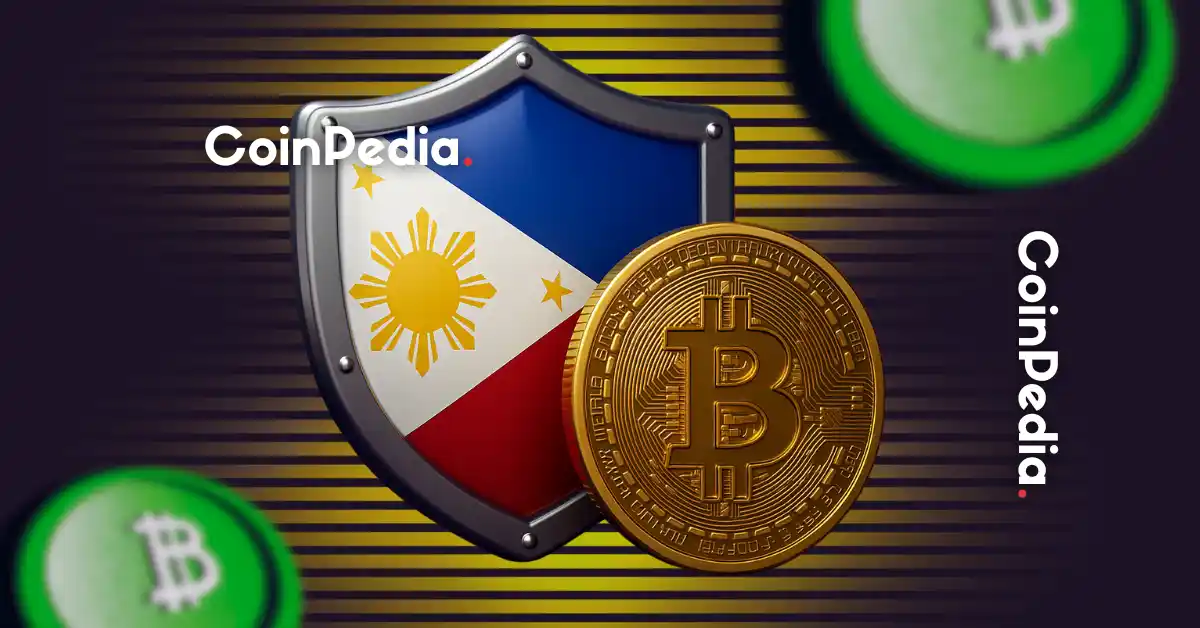The Philippines’ Bold Leap into Blockchain Governance
A Nation’s Commitment to Transparency
The Philippines is making a significant stride in modernizing its governance systems by integrating blockchain technology into the validation of official government documents. This initiative marks a pivotal moment in the country’s journey toward greater transparency, efficiency, and public trust. The government’s choice of Polygon, a leading Ethereum scaling solution, as the platform for this project underscores a strategic vision for the future. Despite encountering a temporary network outage on the launch day, the Philippines’ resolve to push forward highlights its commitment to innovation and progress.
The Transformative Power of Blockchain in Governance
The adoption of blockchain technology for government document validation represents a paradigm shift in how the Philippines manages and secures its official records. Traditional systems are often plagued by issues such as fraud, forgery, and inefficiencies, which erode public trust. Blockchain offers a robust solution by providing:
- Immutability: Once a document is recorded on the blockchain, it becomes tamper-proof, ensuring the integrity of the information.
- Transparency: All transactions and records are publicly auditable, fostering accountability and reducing corruption.
- Efficiency: Blockchain streamlines the validation process, eliminating bureaucratic delays and manual verification.
- Security: Advanced cryptographic measures protect the blockchain from unauthorized access and tampering.
By embracing blockchain, the Philippines aims to create a more trustworthy and efficient government, ultimately benefiting its citizens.
Why Polygon? A Strategic Decision
The selection of Polygon as the platform for this initiative is a well-considered choice. Polygon offers several key advantages:
- Scalability: Polygon addresses Ethereum’s scalability limitations, enabling faster and cheaper transactions, which is crucial for handling the large volume of government documents.
- Cost-Effectiveness: Compared to Ethereum’s mainnet, Polygon offers significantly lower transaction fees, making it a more affordable solution for the Philippine government.
- Ethereum Compatibility: Polygon’s full compatibility with the Ethereum Virtual Machine (EVM) allows for easy migration of existing applications and tools.
- Growing Ecosystem: Polygon’s thriving ecosystem of decentralized applications (dApps) and tools provides the Philippine government with access to a wide range of resources and expertise.
The integration of the Filipino-made Prismo blockchain into Polygon’s q/acc protocol further showcases the Philippines’ growing expertise in blockchain development and its active participation in the global web3 ecosystem.
The Outage: A Test of Resilience and Commitment
The timing of the Polygon network outage, coinciding with the launch of the Philippine government’s blockchain initiative, presented an immediate challenge. However, it also provided an opportunity to assess the government’s contingency plans and its commitment to the project. The fact that the rollout proceeded as planned, despite the glitch, demonstrates a strong level of confidence in the underlying technology and a willingness to overcome initial challenges.
The Polygon team’s subsequent thorough examination of the outage, identification of root causes, and implementation of preventive measures are crucial for maintaining the integrity and trustworthiness of the platform. These efforts are essential for reassuring the Philippine government and other stakeholders about the reliability of the chosen blockchain solution.
Building Trust Through Overcoming Challenges
The incident highlights the importance of robust infrastructure, diligent monitoring, and proactive communication in any blockchain-based system, especially those handling critical government functions. To build and maintain trust, the following measures are essential:
- Diversification: Exploring backup solutions and alternative blockchain platforms to mitigate the risks associated with relying on a single network.
- Rigorous Testing: Conducting thorough testing and simulations to identify and address potential vulnerabilities before deployment.
- Transparent Communication: Maintaining open and transparent communication with the public about the status of the system and any potential issues.
By addressing these challenges and demonstrating a commitment to continuous improvement, the Philippine government can build trust in its blockchain initiative and pave the way for wider adoption of the technology.
The Role of the Blockchain Council of the Philippines
The Blockchain Council of the Philippines plays a vital role in fostering the adoption of blockchain technology across the country. The council’s mission focuses on enhancing the regulatory framework for blockchain, with a strong emphasis on establishing safer and more widespread adoption. By working closely with government agencies, industry stakeholders, and the public, the council aims to create a supportive ecosystem for blockchain innovation and development.
The council’s efforts are particularly important in the context of the government’s blockchain initiative. By providing guidance on regulatory compliance, promoting best practices, and fostering collaboration, the council can help ensure the successful implementation and long-term sustainability of the project.
A Vision for the Future: Beyond Document Validation
The use of blockchain for document validation is just the beginning. The Philippine government envisions a future where blockchain technology is used to transform a wide range of public services, including:
- Land Registry: Creating a secure and transparent land registry system to prevent fraud and streamline property transactions.
- Supply Chain Management: Tracking and verifying the movement of goods and services to combat corruption and improve efficiency.
- Voting Systems: Implementing secure and auditable electronic voting systems to enhance the integrity of elections.
- Healthcare Records: Securely storing and managing patient medical records to improve healthcare delivery and protect privacy.
By embracing blockchain technology, the Philippines has the potential to create a more efficient, transparent, and trustworthy government, ultimately improving the lives of its citizens.
Conclusion: A Pioneering Spirit and a Bright Future
The Philippines’ decision to launch a blockchain-based document validation system, despite the initial hiccup of the Polygon network outage, demonstrates a pioneering spirit and a commitment to innovation. This bold step forward signals a new era of transparency, efficiency, and trust in Philippine governance, powered by the immutable ledger of the blockchain. While challenges may arise, the Philippines’ resolve to embrace new solutions and overcome obstacles sets an example for other nations to follow. The country’s journey into blockchain governance is not just a technological advancement but a testament to its vision for a more transparent and efficient future.











